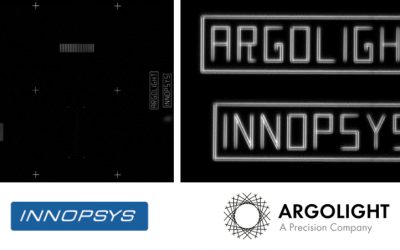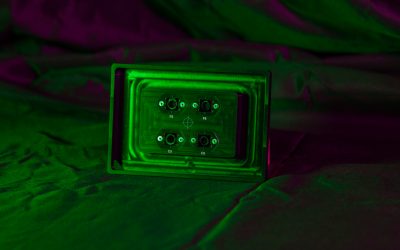Core Facility Management: collection of scientific articles
ReadRunning a microscopy facility requires many skills. It is becoming similar to running a small business, but with a staff actually trying to advance science. Here is an overview of articles related to some of these daily matters.
1. General management
“Advanced Light Microscopy Core Facilities: Balancing Service, Science and Career”, 2016
Read it here: https://onlinelibrary.wiley.com/doi/full/10.1002/jemt.22648
A thorough guide and recommendations elaborated by the workgroups of the German Bio-Imaging (GerBI). This article stands out by its quality and reflects the experience of the German imaging core facilities leaders.
“Running and setting up a confocal microscope core facility”, Susan DeMaggio, 2002
A must-read article that tackles scheduling, training users and staff, instrument care, data storage and analysis, funding.
“Core facilities can offer the latest equipment and services for the newest techniques only when they are maintained properly and supported by researchers.”
“Microscopy Core Facilities: Results of an International Survey”, Horst Wallrabe, Ammasi Periasamy, Masilamani Elangovan, 2014
This article presents results of a survey constructed to analyze the functionality and management of biological microscopy core facilities.
“Bio-Medical Light Microscopy Imaging Facility Management”, Elisa Ferrando-May, Hella Hartmann, the German Bioimaging et al., 2017
A general tour of the many concerns of a Core facility head. Planning, organization, income and costs schedule, equipment use, safety, users training, authorship of publications, and tours and demonstrations.
“Issues in the Management of a Core Imaging Facility”, Judy Trogadis, 2006
Read it here: https://www.labmanager.com/business-management/issues-in-the-management-of-a-core-imaging-facility-21244#.VH9PgV3iuV4|
From hardware and software maintenance, to the integration of a new user, the author here provides insight gained from her experience within core facilities.
“Name It! Store It! Protect It!: A Systems Approach to Managing Data in Research Core Facilities”, Matthew DeVries, Matthew Fenchel, et al. 2017
Read it here: https://www.ncbi.nlm.nih.gov/pmc/articles/PMC5667402/
With the increase of technology capabilities, the volume of produced data is rapidly expanding. It creates the need for data management methods and guidelines.
2. About user
“Best Practices for Core Facilities: Handling External Customers”, Philip Hockberger, Susan Meyn, et al. 2013
Read it here: https://www.ncbi.nlm.nih.gov/pmc/articles/PMC3605920/
Core facilities at universities, when offering services and access to high-end instrumentation to both nonprofit organizations and commercial organizations, have to deal with the different profiles of users and handle the required guidelines and policies.
“Method for Tracking Core-Contributed Publications”, Cynthia A. Loomis, Carol Lynn Curchoe, 2012
Read it here: https://www.ncbi.nlm.nih.gov/pmc/articles/PMC3468145/
Many publications are issued from research where the core contributed, sometimes to a fair extent. Being quoted in these publications, even if it helps the cores to maintain funding, is still not sufficiently done.
3. About finance
“Metrics for Success: Strategies for Enabling Core Facility Performance and Assessing Outcomes”, Paula B. Turpen, Philip E. Hockberger, et al., 2016
Read it here: https://www.ncbi.nlm.nih.gov/pmc/articles/PMC4736753/
“Administrators overseeing core facilities require assessment tools for evaluating the need and effectiveness of these facilities at their institutions.”
“A Framework for Managing Core Facilities within the Research Enterprise”, Rand Haley, 2009
Read it here: https://www.ncbi.nlm.nih.gov/pmc/articles/PMC2729482/
Finding balance between “having sufficient detail to be useful while keeping things simple enough for stakeholders to get their hands around the issues” is of course a matter within research enterprises, but is also becoming a question within academic institutions, as they have to deal with grants, funding and boards.
The microscopy community is once again proving to be resourceful and continues to share preoccupations and advices. Thank you to all the dedicated writers!
User case: Kyoto University x Argolight – Fluorescent proteins observation
Matsuda Lab, Graduate School of Biostudies/Graduate School of Medicine, Kyoto University Introducing Argolight slides - A New Quality Control...
Quality control of HCS-HTS fluorescence imaging systems
In the landscape of high-content screening (HCS) and high-throughput screening (HTS) fluorescence imaging systems, precision and reliability take...
Precision Partners: Innopsys and Argolight on the InnoQuant Slide Scanners
In the intricate realm of pathology, drug discovery, and advanced research in brain function, cancer, and stem cells, the role of slide scanners has...


